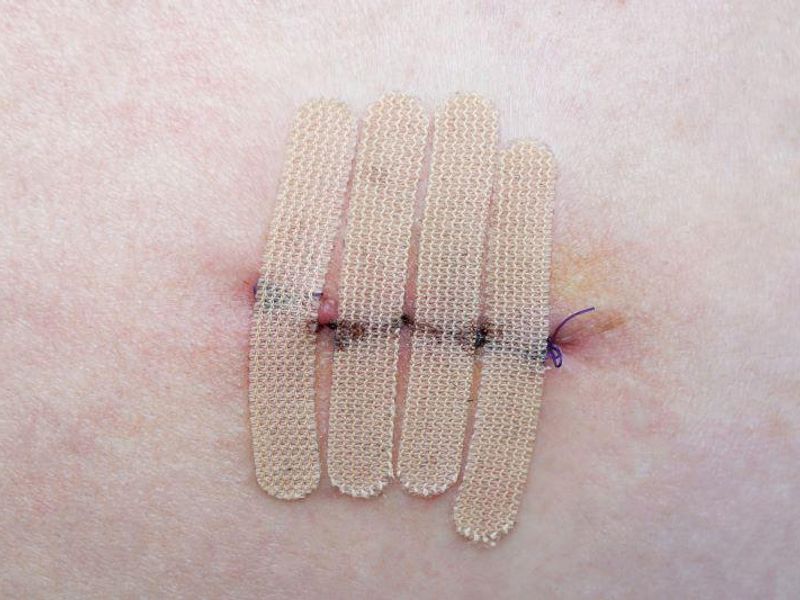TUESDAY, June 7, 2022 (HealthDay News) — For patients with resectable desmoplastic melanoma (DM), pembrolizumab treatment prior to resection results in a high pathological complete response (pCR) rate, according to a study presented at the annual meeting of the American Society of Clinical Oncology, held from June 3 to 7 in Chicago.
Kari Lynn Kendra, M.D., Ph.D., from The Ohio State University Comprehensive Cancer Center in Columbus, and colleagues enrolled patients with resectable DM who received pembrolizumab followed by excision. The primary end point was pCR, with the assumption that a pCR of 25 percent would be considered a positive result. Twenty-nine patients were enrolled; one refused treatment and was omitted from the analyses.
The researchers found that the mean number of cycles received was 3.3. Of the patients, 93 percent underwent wide excision of the resectable disease; 54 percent underwent sentinel lymph node biopsy. One of the patients underwent resection of a nodal recurrence and did not require wide excision. Fifty-six percent of patients had pCR. One patient without pCR had a major pathologic response with a 0.2-mm residual melanoma. One patient with a clinical CR chose not to undergo resection. None of the patients became inoperable. The clinical response rate was 52 percent. The median overall survival has not been reached; two deaths were reported, which were not considered related to treatment.
“While this study looked at the impact of neoadjuvant therapy and not surgical intervention, given the significant responses we saw to neoadjuvant immunotherapy in some patients, this study suggests that up-front treatment may spare some from disfiguring surgeries,” Kendra said in a statement.
Several authors disclosed financial ties to pharmaceutical companies, including Merck, which manufactures pembrolizumab and partially funded the study.
Copyright © 2022 HealthDay. All rights reserved.


